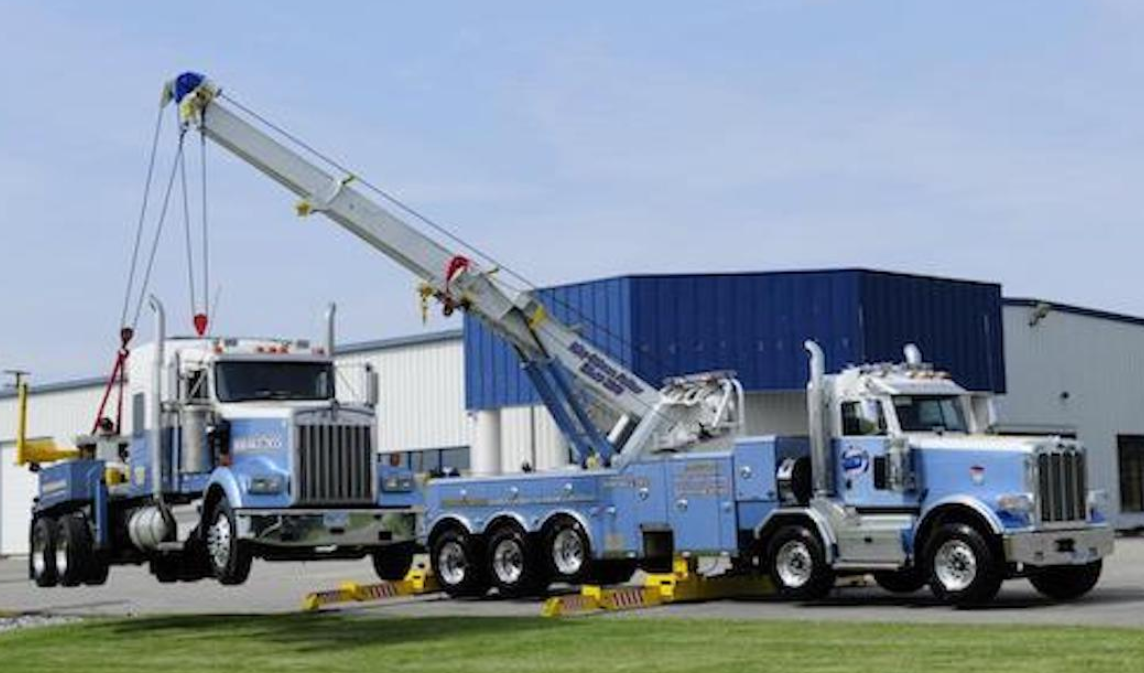Transporting heavy loads requires robust equipment to ensure safety and efficiency for those who frequently haul large trailers, whether for work or recreation. A sturdy and reliable hitch is an indispensable tool. Towing large loads, such as livestock, heavy machinery, or recreational vehicles, demands equipment that can handle the stress while offering flexibility and ease of use.
Table of Contents
The Heart of Heavy-Duty Towing: Choosing the Right Hitch
When selecting a hitch for heavy-duty towing, several factors come into play. Durability, versatility, and ease of installation are paramount features that cannot be compromised. Here are the aspects you should consider:
Durability
- Material quality
- Resistance to wear and corrosion
- Longevity under frequent use
Versatility
- Compatibility with various vehicles and trailers
- Adaptability to different towing requirements
Installation
- Ease of setup
- Minimal modifications to the vehicle
- Clear instructions and support
Features That Matter in a Hitch
The perfect hitch should seamlessly integrate with your vehicle, providing a secure connection without hindering the vehicle’s functionality when not towing. Here are some key features to look out for:
- A solid hitch ball size that matches common trailers
- A design that sits under the bed to maintain a flat surface when not in use
- Simple switching mechanism for when the hitch is needed or to stow it away
- Corrosion-resistant finish for longevity
- No welding or drilling required for installation
- Certification for strength and durability
Installation Process: Simpler Than You Think
Modern hitches are designed with the user in mind. While professional installation is always recommended, many hitches come with comprehensive guides that allow for DIY installation if you’re mechanically inclined. Generally, the process involves:
- Measuring and cutting a hole in the truck bed
- Aligning the hitch under the bed with existing frame holes
- Bolting the hitch securely
- Ensuring all connections are tight and secure
Maintenance: Keeping Your Hitch in Top Shape
Regular maintenance ensures longevity and reliability. Follow these tips:
- Clean the hitch ball and receiving area after use
- Inspect locking mechanisms for wear
- Apply lubricants as recommended by the manufacturer
- Check for rust or damage periodically
Table: Hitch Comparison at a Glance
| Feature | Traditional Hitch | Modern Gooseneck Hitch |
| Profile | Bulky; always visible | Sleek; hidden when not in use |
| Installation | Often requires drilling | Utilizes existing holes |
| Versatility | Limited by design | Often compatible with 5th wheel |
| Durability | Varies widely | Typically high-grade with durable finish |
| Convenience | Fixed position | Removable or stowable ball |
Real World Applications: When a Reliable Hitch Makes All the Difference
Hauling heavy loads is not just about getting from point A to B; it’s about doing it safely and efficiently. Here are some scenarios where having a reliable hitch is vital:
- Transporting livestock across states
- Moving construction equipment to a job site
- Towing a large boat or camper for a weekend getaway
User Experiences: Testimonials That Speak Volumes
Users often report back on their experiences with hitches, highlighting ease of use, reliability, and customer service. Positive experiences can guide new buyers towards making an informed decision.
The Choice That Stands Out
For those looking for an upgrade or a new hitch installation, one option has garnered attention for its robustness and versatility. The B&W gooseneck hitch offers an innovative design that provides a strong connection while maintaining a flat bed when not towing.
The Final Takeaway
Choosing the right hitch is critical for safe and effective heavy-duty towing. With so many options on the market, selecting a product that offers durability, versatility, and ease of use is essential. Look for models that have positive user feedback, provide a straightforward installation process, and have a warranty for peace of mind.
Remember, investing in high-quality towing equipment ensures safety on the road and protects your vehicle and cargo from potential damage. Make an informed choice and enjoy the confidence of a reliable towing setup.












